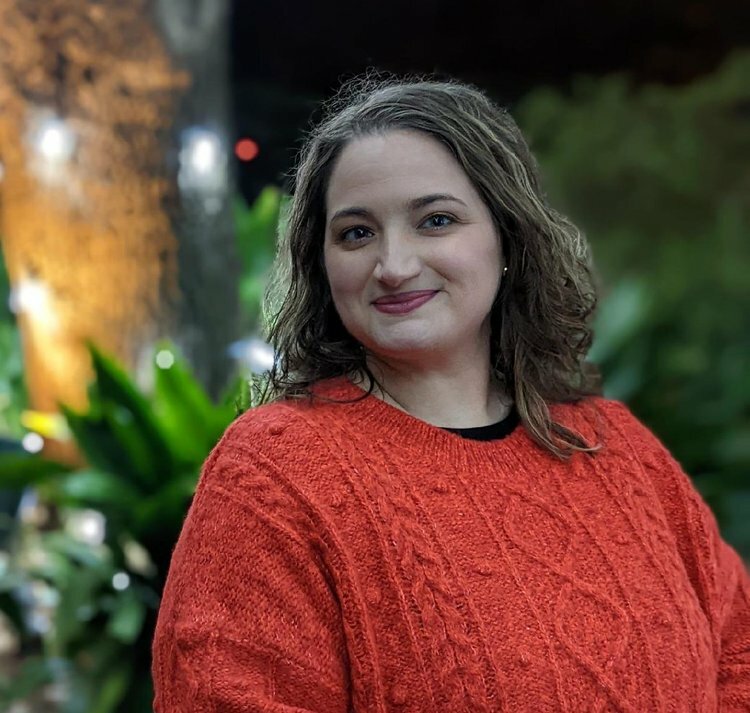Lynbrook and East Rockaway remain steadfast in support of Israel. Read what neighbors are doing to help.
It’s been a few short weeks since Israel declared war on Hamas, and the conflict has proven incredibly divisive. Lynbrook officials and community members are standing with their Jewish neighbors to say: you are not alone.
“We appreciate it,” Rabbi Caroline Sim of Temple Am-Echad in Lynbrook said. “We feel protected. It helps make us feel more part of the larger community when our non-Jewish community members show that kind of support for us.
“The mayor has been very supportive, the police department has been incredibly important.”
The Lynbrook town board and Mayor Alan Beach expressed their support for the Jewish community, and encouraged people to donate to local charities and food drives.
“Everyone's getting together,” Beach said. “There's a lot of temples having meetings, I’ve been to a few of them, and it's really great to see the support people carry.”
“We’re following the temples,” he added. “Whatever they ask, we’ll give.”
He said the situation reminded him of 9/11 — when people came together in the face of tragedy to grieve, to pray, to support one another.
“It's a very personal conflict,” Sim said. “I mean, even if we didn't have any kind of personal ties who live there, it's also many of us feel a connection to Israel as the Jewish homeland. So it's always very painful whenever it's attacked.”
Faith leaders are organizing multi-congregational services. People are taking it upon themselves to meet up and support each other. People have also taken to social media, using Facebook to post news updates, information on missing persons, or expressions of support. Solidarity at this time is vital, Sim said.
“Most of your Jewish friends are not okay,” Sim said. “Just the fact that you care is enough, knowing that we’re not alone.”
However, the constant influx of news — from both abroad and domestically — can take a toll on people’s mental health. American Jews and Palestinian Americans alike have been facing unwarranted retribution for the conflict in the middle east. That’s the core of a lot of anti semitic sentiment that’s being spread, Sim said — the fact that people are blaming all Jews for the events in Israel and Palestine.
“When they threaten Jews in America, that’s very much an anti semitic action,” Sim said. “Because we Jews in America, we might feel an attachment to Israel as the Jewish homeland, but we have zero influence on their policy.”
She explained that to disagree with some of Israel’s policy isn't necessarily anti semitic — but to suggest that the death of innocent civilians is a form of justice, is.
“When you have a lot of these college groups that protest against Israeli occupation, that’s a political viewpoint, fine,” Sim said. “But when they say that the Israelis got what they deserve when their babies get beheaded, that’s anti semitic.”
The hate speech seen online since the war began has been shocking, Sim said. Several metrics show that antisemitism has been on the rise in the past decade. 2021 set a record for the highest number of anti semitic attacks since 1979, and that record was broken once again in 2022. There have been a number of swastikas painted across Long Island communities, including Lynbrook, within the past year.
“Everything's a lot more charged, everything's a lot more polarized, everything’s a lot more vicious,” Sim said of the internet’s role in antisemitism. “And I think that makes a big difference.”
It’s also been frustrating to see so many typically-outspoken organizations stay silent on antisemitism, Sim said. Jewish culture has a long history of advocacy and social justice work. The Anti Defamation League, a Jewish-founded civil rights group, has been an outspoken proponent for equality since it was founded 110 years ago and a staunch ally for other minority groups. But, Sim said, it doesn’t seem as though people fight for Jewish rights with the same passion they fight for others'. Many companies or school districts or individuals who spoke out in support of past social justice movements are now silent about the wave of antisemitism sweeping the world in response to the Israel-Hamas war.
Temple Am Echad has been hosting multiple vigils and services since the war began. But with the rise of anti semitic hate speech, Sim, wanting to protect her congregation, didn’t feel comfortable publicizing exactly when and where the vigil would be.
“We’re trying to unite as a community, but also make sure we’re not attacked as a community,” she said.
Above all, the congregants just want the violence to stop. The Hamas attack saw 1,400 Israeli citizens killed — the most Jewish people in one day since the Holocaust. More than 5,000 Palestinians have been killed since the conflict began just over two weeks ago. The congregants are praying that those who have been or will be called to service — many of them loved ones — will return home safe.
“We all want peace to return to Israel,” Sim said. “We all want the violence to stop.”
Ultimately, it’s up to people to remain informed and clear-headed in an increasingly polarized political landscape, Sim said.
“It’s easy to be swayed by sensationalist arguments, by rhetoric,” Sim said. “It’s our individual responsibility to educate ourselves, to not be swayed by unilateral statements.”






